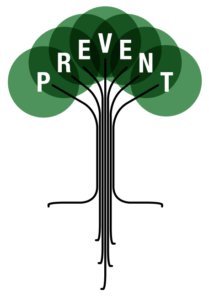Meaning and Purpose Matter
.jpg)
The search for meaning appears to be at the heart of being human. Is there any parent who has not fended off the repeated question “but why…?”. From our time as young children we have tried to make sense of the world, and throughout our lives we search for meaning in the events that happen to us and around us.
We may not be asking the ultimate existential question: “why are we here?”, but we all ask why certain things happen. Psychiatrist and Holocaust survivor Viktor Frankl suggested that the search for meaning is the primary motivation in human beings[1]. We are driven by a need to understand what is happening in our lives at any specific time.
Recent research into happiness has revealed that one of the factors that influences reported levels of happiness and satisfaction is having a sense of purpose or meaning in life. It seems that we need to hold some kind of value or respect for something outside of, and greater than, ourselves. This is one of the 5 fundamental elements that affect our happiness according to Martin Seligman.[2]
How does this work out in daily life? A recent piece of research published in the Journal of Happiness Studies[3] indicates that people who prioritise meaning through their actions tend to have a greater sense of meaning in life and in turn experience less negative and more positive emotions. In other words, as human beings, we need to hold a set of values, and actively promote those values in our daily lives. This links our behaviour and our very lives with a sense of meaning. But it is very easy to lay claim to a set of values in theory, yet practice something less.
Maybe this comes about because of the desire to feel good all of the time when what we need is to do good as much of the time as is possible. For example, we would all lay claim to valuing family life, but if this does not lead to spending more time with our children, the value may benefit neither our children nor ourselves. I may value kindness and generosity, but if this does not lead me to constantly seek to act kindly and generously, what is the significance of that value? Is it possible to plan our day in such a way that there is a congruence between our scheduled activities and the values we hold. When there is that congruence, then our lives truly have meaning because they reflect a set of values that we express in each choice and action. When we find meaning in our daily activities, perhaps we will also find a more profound sense of wellbeing.
Reverend Hewitt, Well-Being Coach
[1] Viktor Frankl, Man’s Search for Meaning. (Beacon Press, London, 2006)
[2] Martin Seligman, Flourish. (Nicholas Brearley Publishing, London, 2011)
[3] Pninit Russo-Netzer. Happiness Studies (https://doi.org/10.1007/s10902-018-0031-y, 2018).














